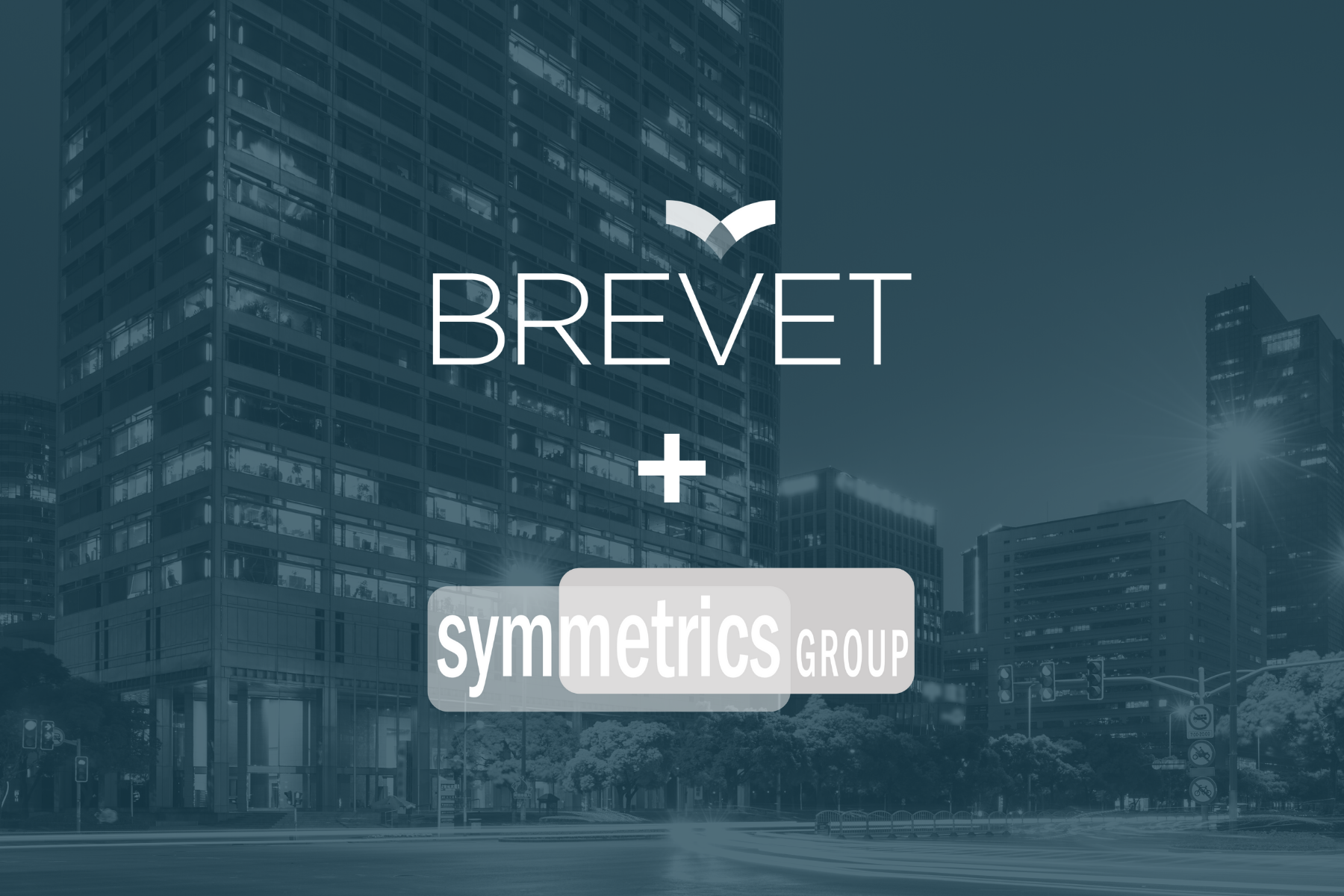The Importance of Sales Training for Millennials
Supporting, compensating and retaining top sales performers is an expensive endeavor. Reps who consistently perform at a high level are often the beneficiaries of costly training programs, additional administrative resources, generous compensation plans, and performance-based incentives that their peers may not qualify for. While these rewards are usually well-deserved, scaling them up to meet the needs of a national or global salesforce is almost never a sustainable effort.
When faced with this dilemma, most companies choose to channel resources toward identifying and attracting the next generation of high-performing sales people. With the right training program, these new reps can quickly become as productive as their more expensive predecessors. There’s only one problem with this idea – it’s pretty expensive too!
Recruiting, hiring, and onboarding a new sales rep is a significant investment. Fixed expenses can include advertising the open position, paying salaries of HR employees who filter and guide suitable candidates through the hiring process, allocating funds for the total compensation packages of selected candidates and covering administrative expenses associated with training and onboarding new hires. On top of all of that, companies also write off the opportunity cost of having managers or other senior leaders spend time evaluating candidates and participating in interviews rather than leading their sales teams.
The short version of the story is that it’s getting harder and harder to find and retain experienced sales hires, so many organizations are putting a new emphasis on recruiting recent graduates or younger, less experience people into sales roles. As we mentioned before, the right training program can quickly bring these reps up to speed, but getting to that point requires companies to first face and overcome a handful of hurdles.
A New Learner Profile
It is important for sales leaders and sales trainers to understand the idiosyncrasies of the next generation of sales talent, especially when it comes to building programs around learning and development. A new sales hire in his or her early twenties grew up with screen-based technology, formed relationships through a mixture of real-world and online interactions, and likely has professional motivations that are drastically different from more seasoned members of your workforce. If you try to apply the same training approach you’ve been using for decades, don’t be surprised if the results are less than stellar.
The difference between the incumbent salesforce and the incoming salesforce is the primary reason why understanding how to develop the skills and fuel the performance of Millennial sales professionals must be a major part of any sales leader’s strategic agenda. In the next fifteen years, the number of Americans aged 55 and older will almost double. By then end of the decade, a large percentage of the 76 million baby boomers will transition to retirement. Conversely, the latest research from both the Bureau of Labor Statistics and the Pew Research Center show that Millennials now make up the majority of the U.S. workforce.
Change is on the horizon, and sales organizations must restructure their training programs to meet the needs of an evolving workforce.
So, what does all of this mean for traditional sales training programs? We recently conducted a survey of more than 800 salespeople between the ages of 22 and 25 that provided important insight into the motivations of the next generation sales professional:
- “Training & Development” and “Career Advancement” were cited as the two most important factors in their decision to take a particular sales job
- The least important factor was “Financial Rewards"
The young salespeople we surveyed made it clear that they viewed winning companies as those who clearly define and communicate the developmental structure and resources available to new sales professionals. In addition to having the opportunity to climb the corporate ladder, candidates also want reassurance that the company plans to make regular investments in helping them learn new skills and master their craft.
Firms who didn’t convey this message were met with skepticism. In fact, more than 76% of respondents said they would completely ignore job opportunities from companies without a strong initial sales training program, regardless of the compensation potential. Think about it, for the incoming generation of Millennial sales professionals, effective sales training for Millennials isn’t just a nice-to-have, it is the foundation of the vetting process recruits put potential employers through.
Responding to New Training Expectations
So, we know that there is a need for change and we know that throwing money at the problem is not the right answer. Given that, what steps can companies take to create sales training for Millennials that will appeal to the next generation of sales reps? As we mentioned before, Millennials view “work” in a different light, so you should consider their perspective as you begin to build out your program.
Here are some of the most important differences in the learning preferences of Millennials:
- An appreciation of continuous and meaningful feedback when trying new skills
- A desire for peer collaboration and an interactive approach to identifying skill gaps and opportunities for improvement
- A preference for breaking large concepts down into smaller chunks, which exercises built in between learning periods to allow for practical application and feedback
- Significant interest in social comparisons and peer modeling of best practices (participating in a semi-competitive learning “community”)
As you internalize these points, remember that the Millennial generation is comprised almost entirely of digital natives – people who were born and raised during the age of digital technology, making them intimately familiar with technology and the Internet. It is for this reason that high-performing sales organizations are choosing to use video-based practice programs to maximize the value they derive from and provide to Millennial employees.
The Role of Video Practice
Given the evolving training expectations and demands of next generation sales reps, many companies are implementing video-based practice programs to better support their learning needs.
Not only do these systems scale more efficiently (and affordably) than traditional live training sessions, they also allow reps to practice skills and receive feedback at two or three times the frequency of a traditional training model, accelerating the path to productivity for new sales hires.
Emerging research in this area suggests several promising opportunities for companies that are early adopted of video-based practice:
- Higher Number of Training “Touches” – Let’s face it, live training sessions are expensive. While it’s great to get everyone in the same room when you can, the high cost of hosting live training events usually restricts them to once or twice per year. Comparatively, video sales training and practice events can be deployed almost instantaneously across the entire salesforce, multiplying the number of training and practice opportunities exponentially.
- More Frequent Feedback and Coaching – The ability to deploy sales training and practice exercises more frequently means that reps also receive performance feedback more often than they would in a traditional model. A digital, video-based sales training platform allows managers and senior leaders to review rep submissions on their own time and coach multiple reps in the same time block. This provides a win/win scenario where reps get more 1:1 coaching and managers are able to serve all of their reps without having to write off the opportunity cost of non-value-added activities like travel.
- Peer Feedback and Modeling – Millennials don’t just want answers from their supervisors, they also want to hear from their peers who are facing the same challenges they are. Many of our clients choose to open rep submissions up to the community, allowing peers to provide feedback, share stories, or simply compliment others on a job well done. The social validation of peer approval or, even better, having your submission marked as a “best practice example” by your manager can be important motivators for a new sales rep.
- Avoidance of Information Overload – Millennials have grown up in a world of short-form communication like text messages, 140-character tweets, or disappearing 10-second video clips. As a result, they have a natural preference for high volumes of bite-sized information delivered over time. That’s why the traditional live training session is less effective for the next generation sales rep. Rather than drink from the proverbial firehose, Millennials prefer to watch short videos that model the training concept and then take part in an application exercise that allows them to practice the skill. Video-based sales training systems have a distinct advantage over live training in both of these areas.
- Flexibility of Programming and Application – Digital communication is measured in nanoseconds, meaning the trending topics of the day change at light speed. Similarly, businesses are being forced to adapt to changes in their target market faster than ever before. If your field sales reps are beginning to hear a new buyer objection in their sales meetings, that objection could be replaced by one or more different objections by the time you organize a live training session to teach them how to handle it.
Conversely, video-based sales training systems allow you to take inputs from your front line sales leaders and translate them into practical, real-world training exercises in a matter of days, not weeks. The ability to implement this type of rapid iteration can be the differentiator you need to edge ahead of your competitors and own your target market.
Harnessing the Promise of the Next Generation
National media outlets have often maligned Millennials as being entitled or lacking the work ethic that helped their parents and grandparents build successful careers. The truth is, the average Millennial isn’t any more or less hard-working than previous generations. Sure, this new wave of sales professionals brings a unique set of predispositions, biases, and perspectives to the workforce, but so will every generation after them. The challenge for sales leaders is how they will harness the idealism and unbridled enthusiasm that Millennials bring to the office with them every morning.
We believe the answer to that question lies in building a sustainable professional development program (sales training for millennials) that delivers a higher volume of training content, provides more frequent feedback and coaching on performance, and allows sales organization to adapt more rapidly to an ever-evolving selling environment – all for less than the cost of a traditional sales training program.
Oh, and don’t be surprised if some of your more “seasoned” sales reps love it too!
Contact us to learn more about how we can help prepare your sales training for millennials. We're a sales consulting firm that provides sales enablement training and services that delivers the best customized solutions to help clients improve their skills to sell smarter.
About The Author
 Ralph is a partner with The Brevet Group, and for 20 years he has led sales performance teams in the United States and Asia. Recently he also served as a sales leader in both the media and technology industries. Ralph’s work has focused on a unique blend of management consulting and sales enablement to help companies execute their sales strategies. Prior to this role, Ralph was the APAC sales effectiveness leader at Mercer.
Ralph is a partner with The Brevet Group, and for 20 years he has led sales performance teams in the United States and Asia. Recently he also served as a sales leader in both the media and technology industries. Ralph’s work has focused on a unique blend of management consulting and sales enablement to help companies execute their sales strategies. Prior to this role, Ralph was the APAC sales effectiveness leader at Mercer.


.jpg)

